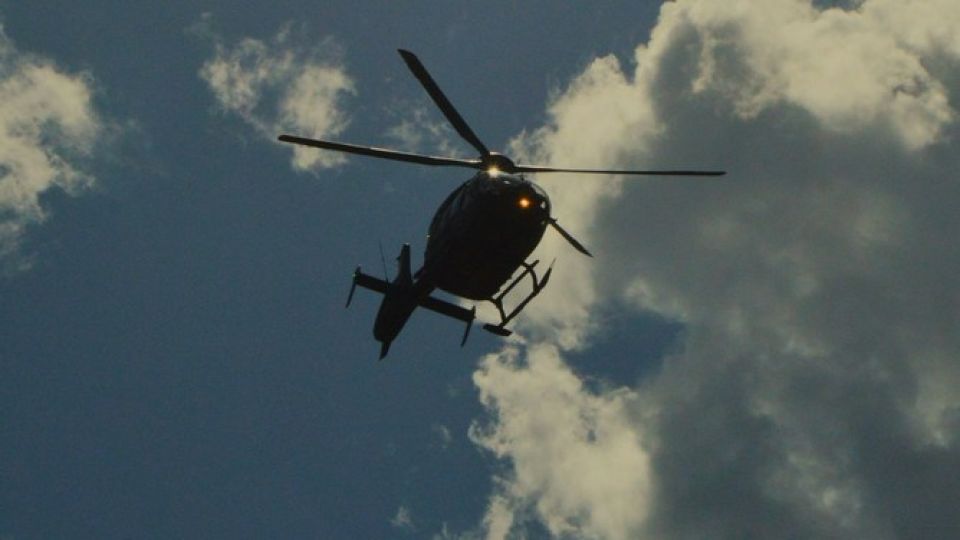August 7, 2024
JAKARTA – Personnel of the joint police-military Operation Cartenz Peace task force were hunting armed rebels on Tuesday who reportedly shot dead a New Zealand helicopter pilot in Central Papua, as authorities retrieved the body of the pilot.
The pilot, named as Glen Malcolm Conning, 50, was killed on Monday after landing at an airstrip in Alama district with four health workers and two children, all of whom survived, according to the representative of the Cartenz task force, which was formed to counter Papua separatists. Conning worked for air cargo transportation company PT Intan Angkasa Air Service.
“The Cartenz task force has deployed four teams to Alama in Timika regency with the task of locating and pursuing the armed group that killed the pilot,” Cartenz spokesperson Adj. Sr. Comr. Bayu Suseno told The Jakarta Post on Tuesday.
Bayu said investigators from Timika Police were still collecting evidence and questioning witnesses.
The Cartenz task force said it had recovered the pilot’s body from Alama and transported it to a hospital in Timika city for an autopsy, AFP reported on Tuesday.
A spokesperson for New Zealand’s foreign ministry told AFP that it was aware of reports of the pilot’s death and said its embassy in Jakarta was seeking further information from authorities.
The incident comes less than two years after another pilot from New Zealand, Phillip Mehrtens, was abducted by a faction of the West Papua National Liberation Army (TPNPB) led by Egianus Kogoya in Nduga in the neighboring province of Papua Highlands, to the west of Central Papua. He remains in captivity with the TPNPB, the armed wing of the Free Papua Movement (OPM).
The motive for Monday’s killing was not immediately clear.
While the Cartenz task force did not specifically mention which groups were believed to be behind the incident, a spokesperson for the Army’s Cendrawasih Military Command (Kodam) in Papua, Lt. Col. Candra Kurniawan, was quick to refer to the OPM.
Contacted for comment by the Post on Tuesday, TPNPB spokesperson Sebby Sambom could not immediately confirm they were responsible for the killing but said the aircraft had entered their prohibited area.
“It is a conflict zone that we have prohibited, including for civilian activities. Everything is forbidden to enter,” Sebby said.
“But we have yet to receive any report [of the incident] from our people. Don’t make snap assumptions that we’re behind this because we recently announced that we are ready to free the New Zealand pilot we are holding captive [Mehrtens],” he said.
The TPNPB said on Saturday the group had agreed to free Mehrtens, but Cartenz spokesman Bayu on Tuesday cast doubt on that, describing it as “mere propaganda”.
The TPNPB had previously demanded that Indonesia recognize Papuan independence in return for the release of Mehrtens, who was kidnapped by Egianus’ group on Feb. 7 of last year after he landed a small commercial plane in the remote, mountainous area of Nduga.
Shootouts between security forces and separatists have continued to occur over the past few months despite mounting calls for security forces to apply a different approach to curb conflict in the region, which is rich in natural resources but remains one of the country’s poorest, most underdeveloped regions.
“The fact that Mehrtens remains in captivity shows that the situation in Papua is very complex and local people are losing faith in how the government is handling conflict there, particularly amid the limited access to information,” said Khairul Fahmi from the Institute of Security and Strategic Studies (ISESS).
He said the government’s security approach to conflict in Papua was often inappropriate and “instead often worsened the situation and sowed discontent” among Papuan people. “So, the government must consistently implement a more inclusive approach involving dialogue, economic development and efforts to overcome injustices,” he added.


